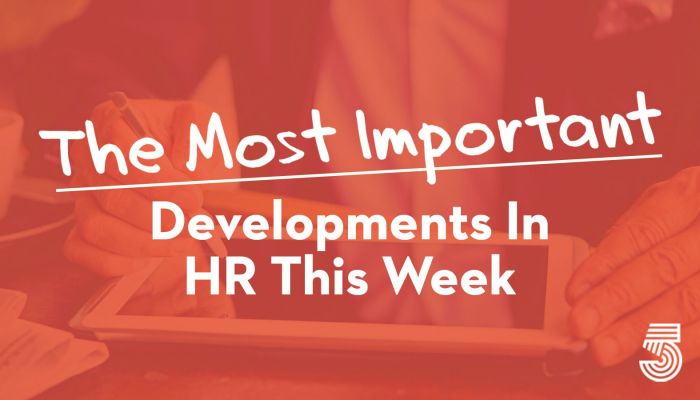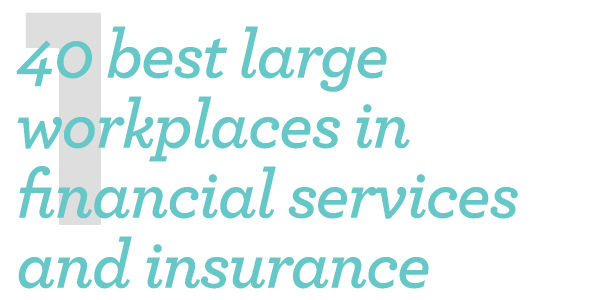
Fortune research partner Great Place to Work surveyed more than 840,000 employees at U.S. companies to find out which in the financial services and insurance industry rise above their peers by instilling trust — and allow members of their organizations to reach their full human potential. Those that made the list upended the stereotypes of greedy and heartless financial companies in 2020. They acted as generous corporate citizens amid a year of multiple crises, deepening employees’ sense of purpose and commitment. #1: Rocket Companies. Rounding out the top 10: Capital One, American Express, Intuit, Edward Jones, Bank of America, Nationwide, Pinnacle Financial Partners, Experian, and Baird. Fortune
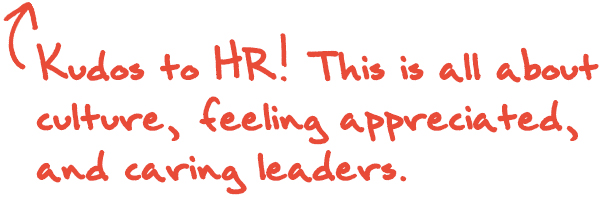
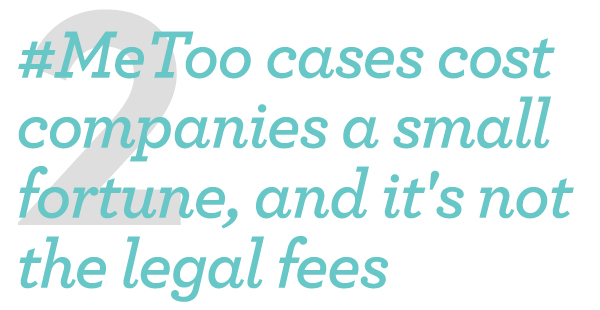
Want to watch a company’s market value plummet in 24 hours? Just have a journalist break a story about brewing sexual harassment accusations. An eye-opening analysis published this week in the Journal of Corporate Finance finds that, on average, news of a sexual harassment case at a major company will lead to a market value decline of 1.5% through the following day. That’s an average drop of $450 million. “Sexual harassment has serious consequences for the victim. But managers and investors should also be interested for purely financial reasons, as it can wipe off enormous amounts of market value in a matter of days,” said coauthor Ulf Nielsson, an associate professor of finance at Copenhagen Business School, where researchers studied 200 sexual harassment cases from 2005-2019 at mostly well-known companies like Facebook, Goldman Sachs, CBS, Amazon, Disney, Tesla, and Fox. If the claimed harassment involved a CEO or involves heavy news coverage, the stakes were considerably higher, with market value drops of up to 6.5%. Fast Company

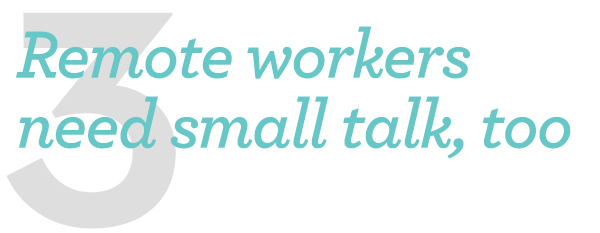
Before Covid-19 and social distancing, small talk was a daily workplace ritual for most of us. We exchanged hellos with colleagues on our way in from the parking lot, chatted about our weekends while waiting for meetings to begin, and swapped stories about our families with our cube mates. Though these encounters probably lasted only minutes, they played a crucial role in making us feel emotionally connected at work. Small talk is important to us in other ways, putting us at ease and helping us transition to more serious topics like negotiations, job interviews, sales pitches, and performance evaluations. The tidbits we learn about our colleagues — for instance, that they play guitar or love dogs — build rapport and deepen trust. As organizations consider their optimal post-pandemic remote-work strategy, they’ll need practices to integrate small talk into their work ecosystems. The good news is that the virtual landscape presents a surprising opportunity to enhance the value of small talk. Ideas include creating virtual lounges where people can socialize, encouraging random connections among employees, and creating ground rules about politics. HBR

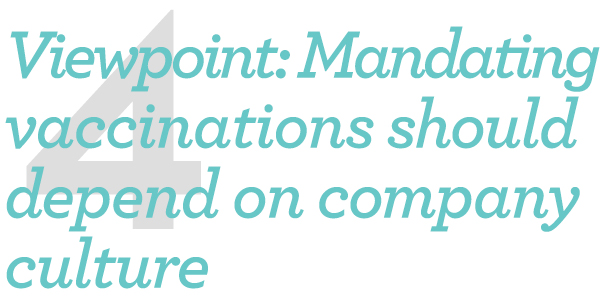
With the March announcement that pharmaceutical giant Merck will help rival Johnson & Johnson manufacture J&J’s Covid vaccine, President Joe Biden’s promise to have enough shots for every adult by the end of May appears to be on track. But while it may be legal to require vaccination, for many companies, the decision won’t be that simple. Vaccination has become a fraught topic, thanks in part to the national politicizing of the virus, safety measures, shutdowns, etc. In spite of the science suggesting vaccines are efficacious and safe, there is no consensus among our country’s population. We are divided down the middle, and most companies will have one population of employees chomping at the bit to inoculate and another dead-set against it. That’s why I would suggest it should all come down to culture. If you’re running a manufacturing plant, for example, or a restaurant or a hospital — all of which require employees to come to work in person — and you champion a culture that prioritizes safety and health, then a companywide mandate would show you’re putting muscle behind that credo. If, on the other hand, you’re running a services firm that doesn’t necessarily require in-office work, and your culture prioritizes autonomy and personal accountability, then it may make sense to let your employees decide for themselves whether to vaccinate. SHRM

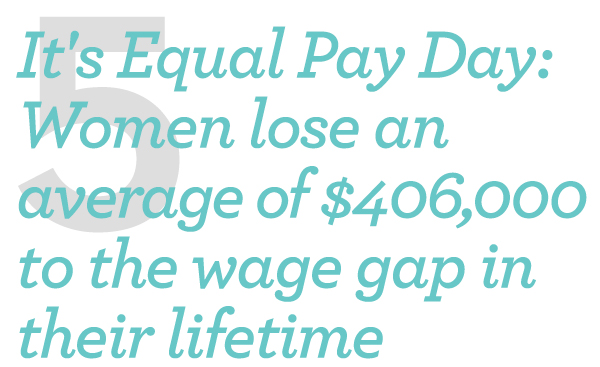
This year, Equal Pay Day falls on March 24, a date that symbolizes how far into the year women must work to earn the same as men did in the previous year. The most recent estimates show women across the nation earned about 82 cents for every dollar earned by men, according to 2019 data from the U.S. Census. That amount changes when broken down by race — with many women of color faring much worse. White women earned 79 cents, while Asian American and Pacific Islander women earned 85 cents. Worse off are Black women, who earned 63 cents, while Latinas earned 55 cents and Native American women earned 60 cents. That’s according to a report from the National Women’s Law Center, which based its estimates on median earnings data for full-time, year-round workers from the Census Bureau. CNN Business







